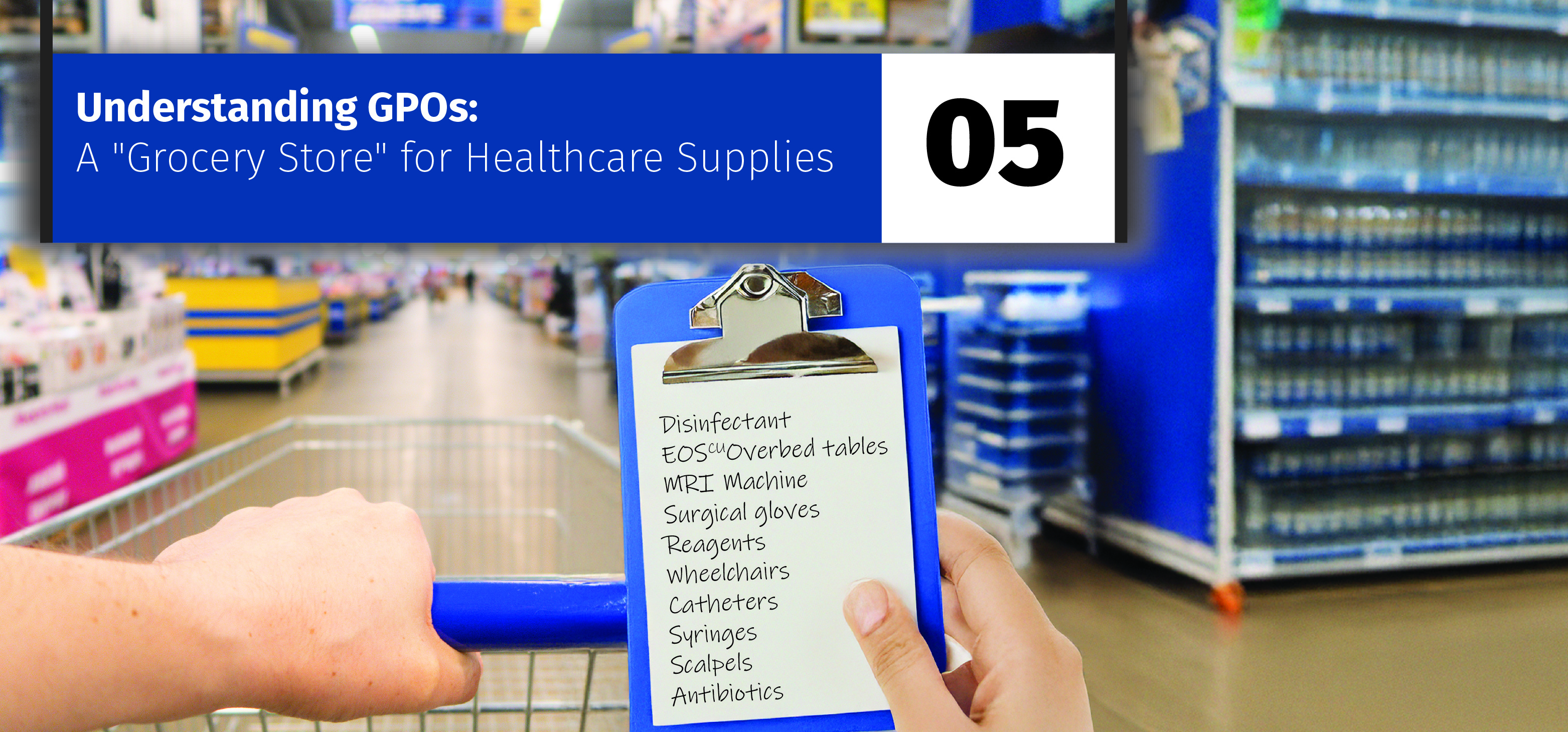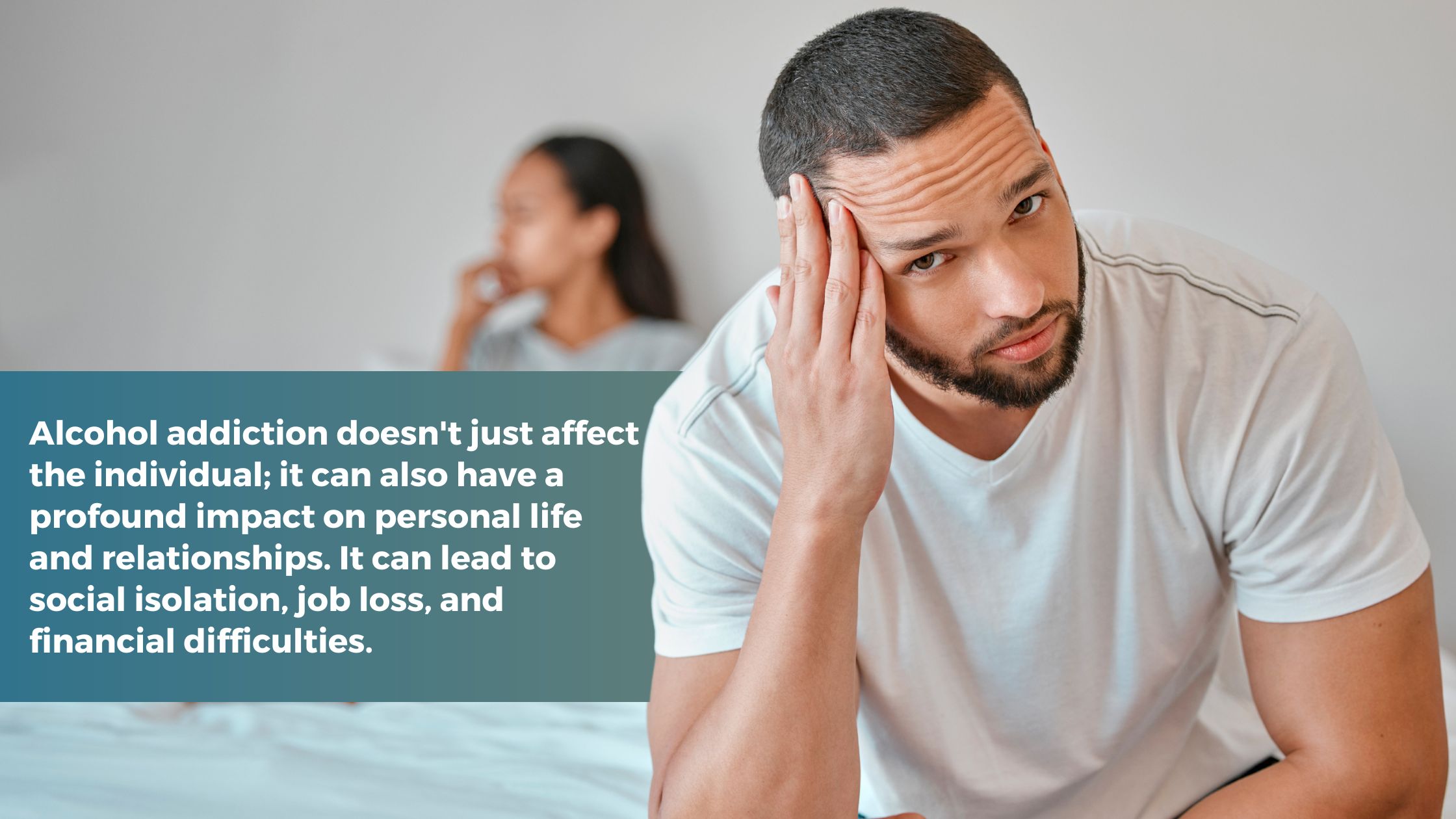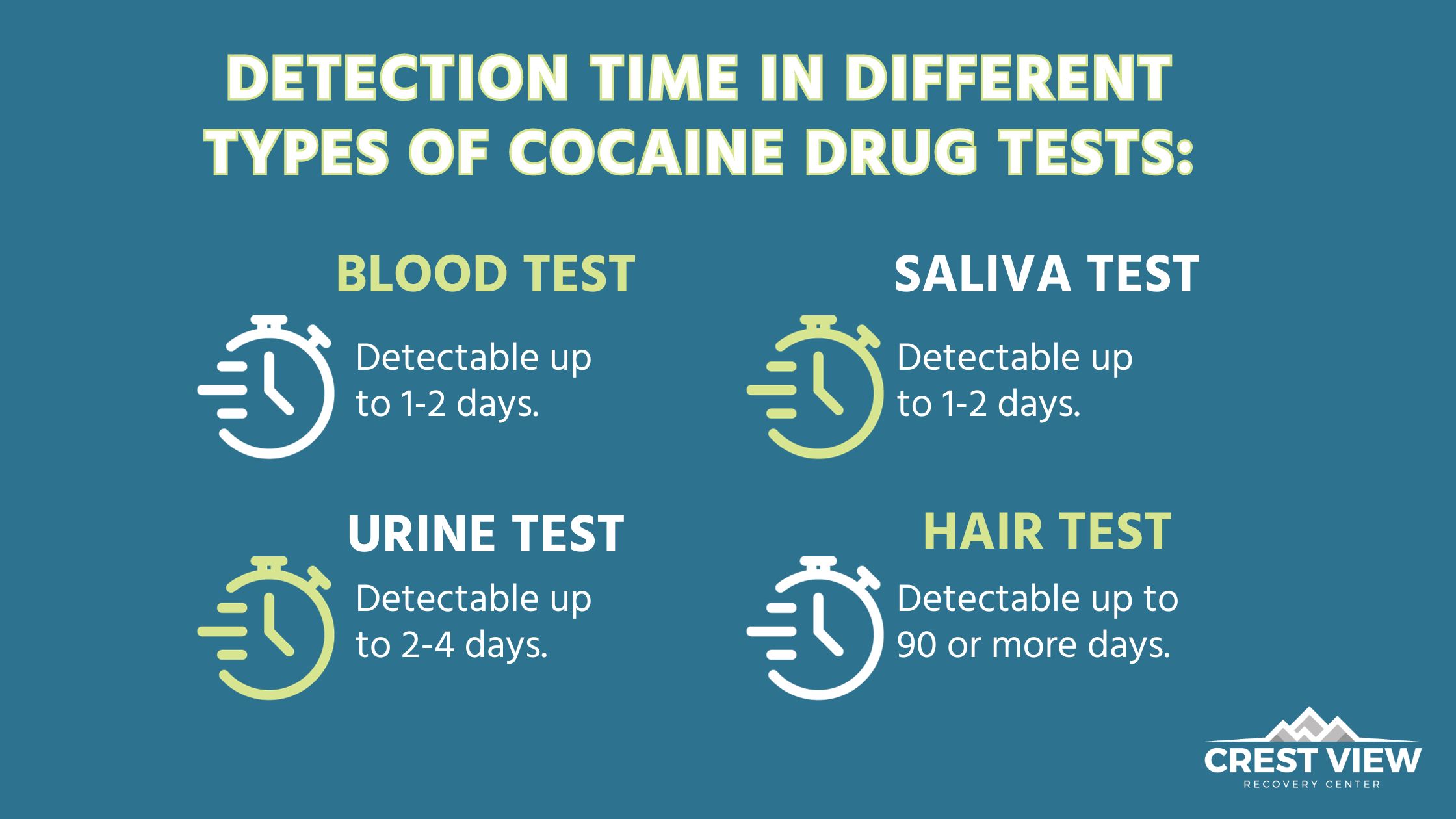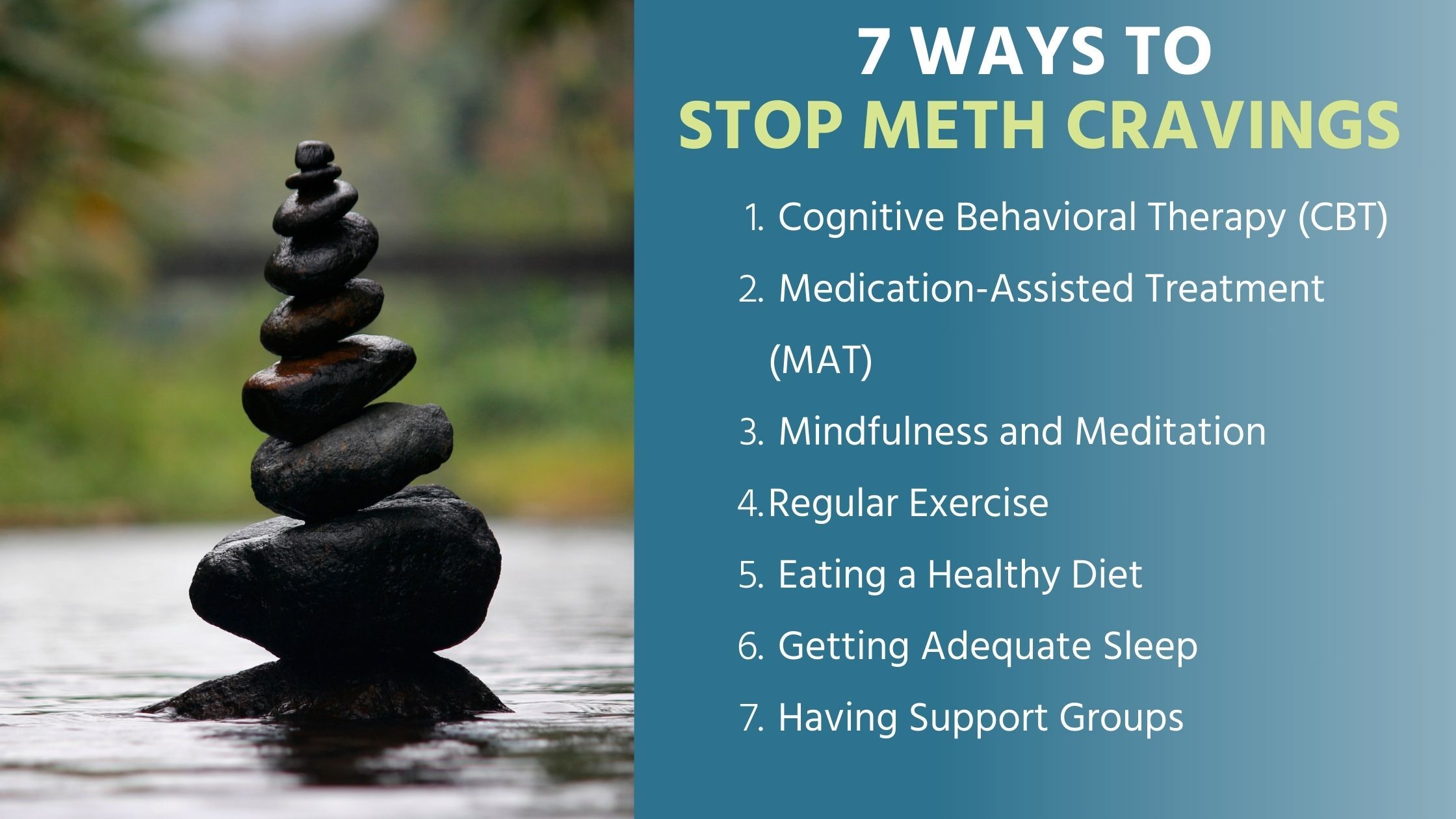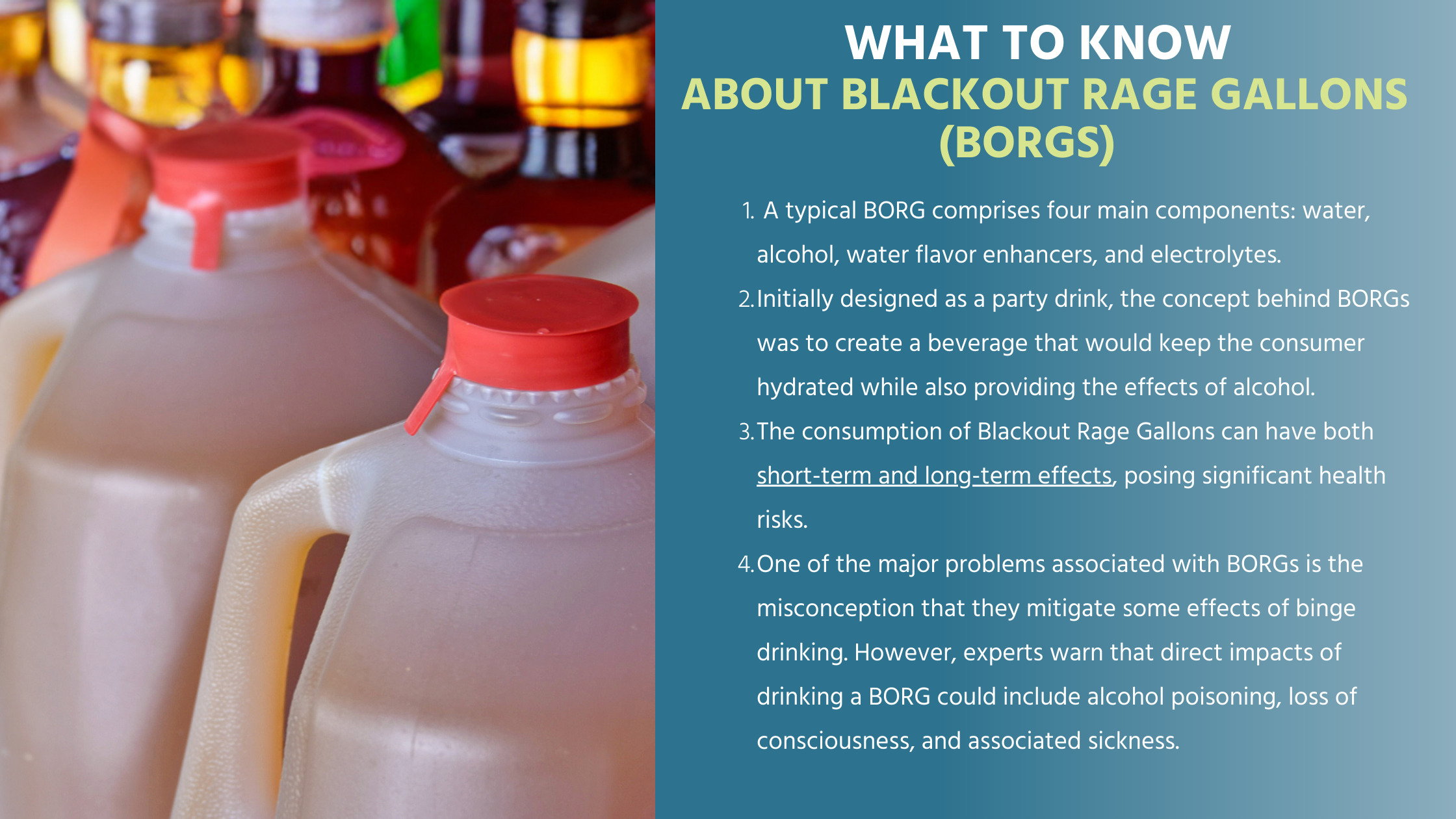In the journey of recovery from substance addiction, understanding the difference between lapse vs relapse can be pivotal. This article aims to demystify these terms, shedding light on their implications and how they affect the path to sobriety. Whether...
In the journey of recovery from substance addiction, understanding the difference between lapse vs relapse can be pivotal. This article aims to demystify these terms, shedding light on their implications and how they affect the path to sobriety.
Whether you’re someone on the path to recovery, a supportive friend or family member, or a healthcare professional seeking insights, this piece will offer valuable information.
We’ll look into the distinctions between a single slip-up and a full return to addictive behavior, offering guidance on how to navigate these challenging situations.
Understanding Lapse
A lapse, in the context of recovery from substance addiction, is a temporary slip or mistake that involves a brief return to the addictive behavior. It’s an isolated incident where a person momentarily returns to drug or alcohol use.
The term “lapse” comes from the Latin word ‘lapsus’ meaning a slip or error, typically due to forgetfulness or inattention.
Situations and Triggers That Might Cause a Lapse
Various circumstances can trigger a lapse. Stressors are a significant factor. They may arise from personal relationships, work-related issues, or health concerns.
An unexpected challenge or a significant life event, such as a loss or change, can also lead to a lapse.
Another common trigger is exposure to environments or people associated with past substance use. This includes places where drugs or alcohol were previously consumed or spending time with individuals who still indulge in these substances.
Additionally, inadequate coping mechanisms can lead to a lapse. If an individual lacks an effective strategy to manage cravings or emotional distress, they may resort to their old habit as a form of self-medication.
Emotional and Physical Effects of a Lapse
A lapse can have various emotional and physical effects. Emotionally, feelings of guilt, shame, and failure are common after a lapse. These emotions can lead to negative self-perception and demotivation, potentially hindering the recovery process.
Physically, even a single episode of substance use can have harmful effects, especially for those who have been sober for a while. This is because tolerance levels decrease during periods of abstinence, increasing the risk of overdose.
Additionally, a lapse can lead to withdrawal symptoms, depending on the substance involved and the duration of sobriety before the lapse.
Understanding Relapse
Relapse refers to a full return to an individual’s old patterns of substance use after a period of abstinence.
Unlike a lapse, which is a one-time or temporary slip, a relapse is a sustained and often escalating pattern of use that mimics the person’s previous addiction behavior.
Lapse vs Relapse: The Key Differences
A lapse is a short-lived, one-off return to substance use, often triggered by a stressful event or situation.
It doesn’t necessarily mean a complete return to addictive behaviors, and many individuals quickly resume their recovery journey after a lapse.
On the other hand, a relapse signifies a more significant setback in the recovery process. It involves a full-blown return to the addictive behavior, with the individual reverting back to their pre-recovery patterns of substance use over an extended period.
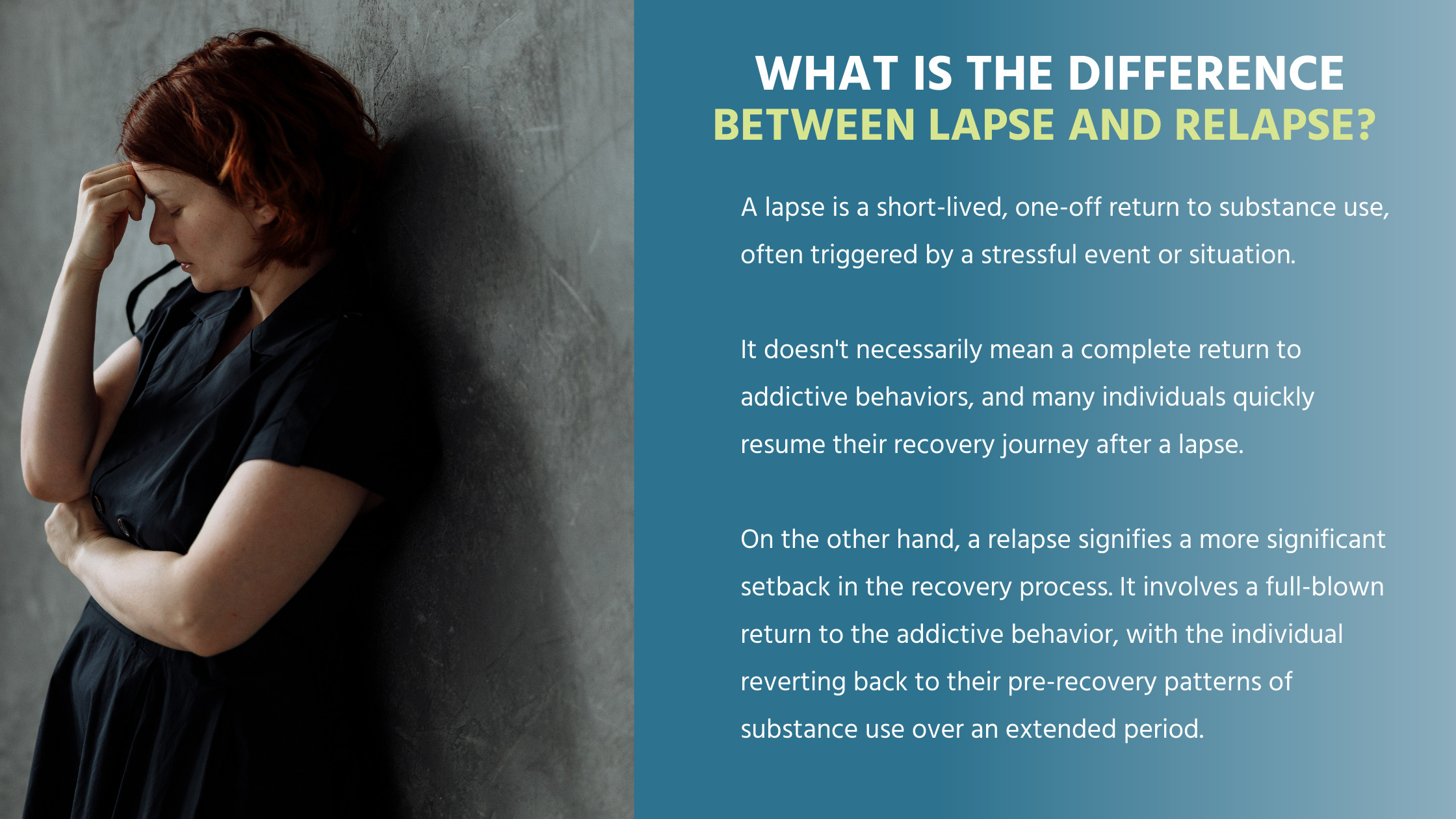 Circumstances That May Lead to a Relapse
Circumstances That May Lead to a Relapse
Several factors can contribute to a relapse. These include:
Stress. Inadequate coping mechanisms. Negative emotional states like depression or anxiety. Exposure to triggers such as places or people associated with past substance use.Additionally, complacency in maintaining recovery efforts, like skipping therapy sessions or neglecting self-care practices, can also lead to a relapse.
Long-Term Consequences of a Relapse
The long-term consequences of a relapse are profound and multifaceted. Physically, it can lead to health complications related to substance use, including an increased risk of overdose.
Psychologically, a relapse can cause feelings of guilt, shame, and failure, leading to decreased self-esteem and potential mental health issues like depression.
Socially, it can strain relationships and lead to isolation. Finally, a relapse can have serious legal and financial repercussions, especially if the substance use leads to criminal behavior or job loss.
The Importance of Differentiating Between Lapse and Relapse
Differentiating between a lapse and a relapse has essential psychological and therapeutic implications for the recovery process. It’s crucial to understand the difference between lapse vs relapse to manage expectations, reduce self-blame, and facilitate effective interventions.
Psychologically, understanding the difference between a lapse and a relapse can help individuals in recovery maintain a more positive mindset.
Recognizing a lapse as a temporary slip rather than a complete failure can minimize feelings of guilt and shame, which are often counterproductive to recovery.
Instead, it can be seen as a learning opportunity to identify triggers and improve coping strategies.
Therapeutically, distinguishing between a lapse and a relapse can guide the treatment approach. A lapse may indicate a need for minor adjustments in the recovery plan, such as increased support or enhanced coping strategies.
In contrast, a relapse might necessitate a more significant intervention or even a change in the treatment modality.
How Understanding the Difference Can Help Prevent a Full Blown Relapse
Understanding the difference between a lapse and a relapse can play a crucial role in preventing a full-blown relapse.
Recognizing a lapse as a brief slip rather than a complete failure can motivate the individual to get back on track quickly, reducing the risk of a lapse escalating into a relapse.
Additionally, it can encourage proactive measures, such as seeking additional support or adjusting coping strategies, to better manage triggers and stressors in the future.
Get Professional Support after a Lapse or Relapse
Going through a lapse or relapse can be challenging, but it’s important to remember that help is available. Seeking professional support can make a significant difference in your recovery journey.
Professionals can provide the necessary guidance, coping strategies, and therapeutic interventions to prevent further lapses or relapses.
Crest View Recovery Center offers comprehensive addiction treatment programs tailored to your specific needs. Our team of experts is dedicated to helping you regain control over your life and achieve lasting sobriety.
Don’t let a lapse or relapse define your recovery journey. You can call us at (866) 986-1371 or fill out this contact form to start your path toward recovery.
The post Lapse vs Relapse: Understanding the Difference appeared first on Crest View Recovery Center.




